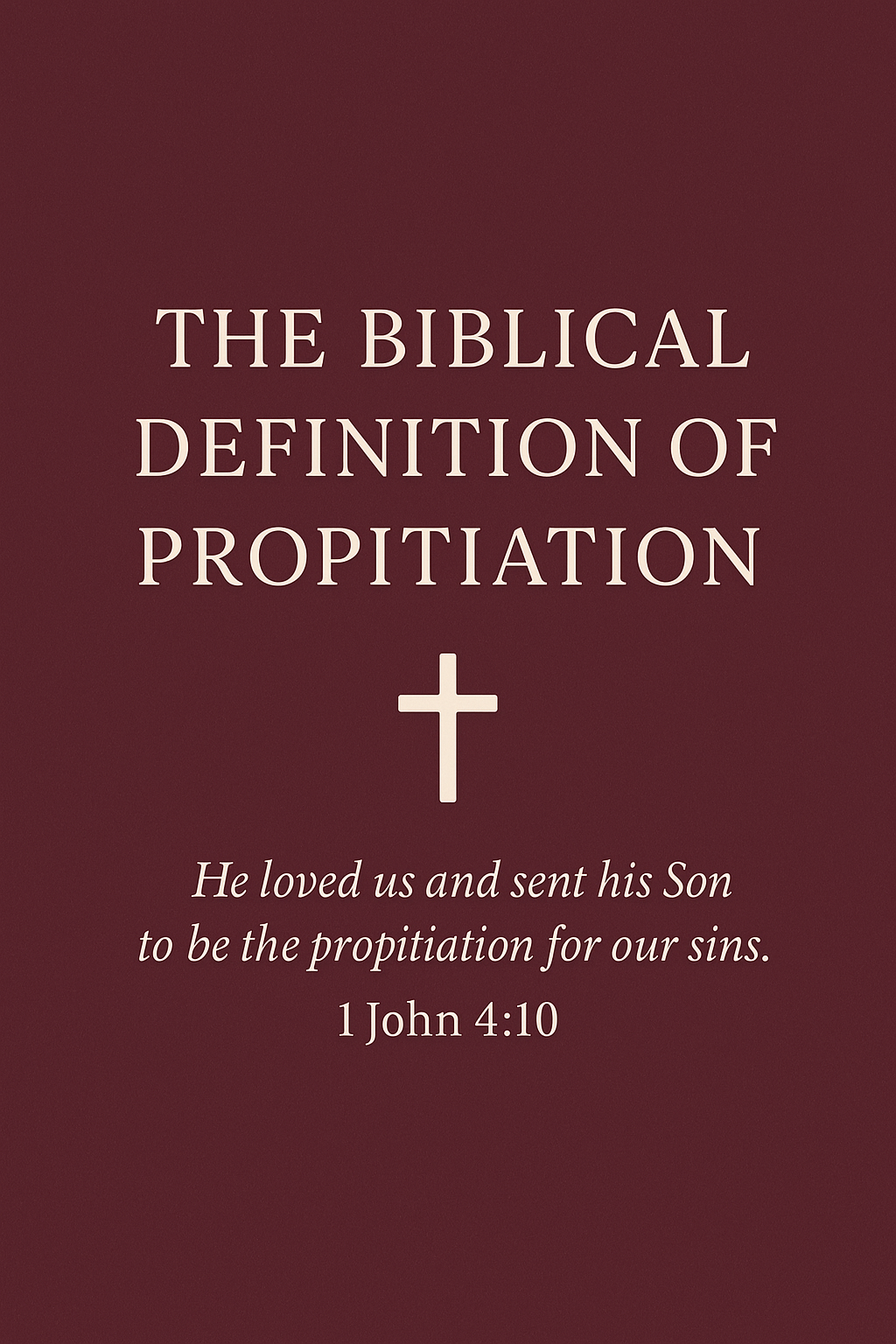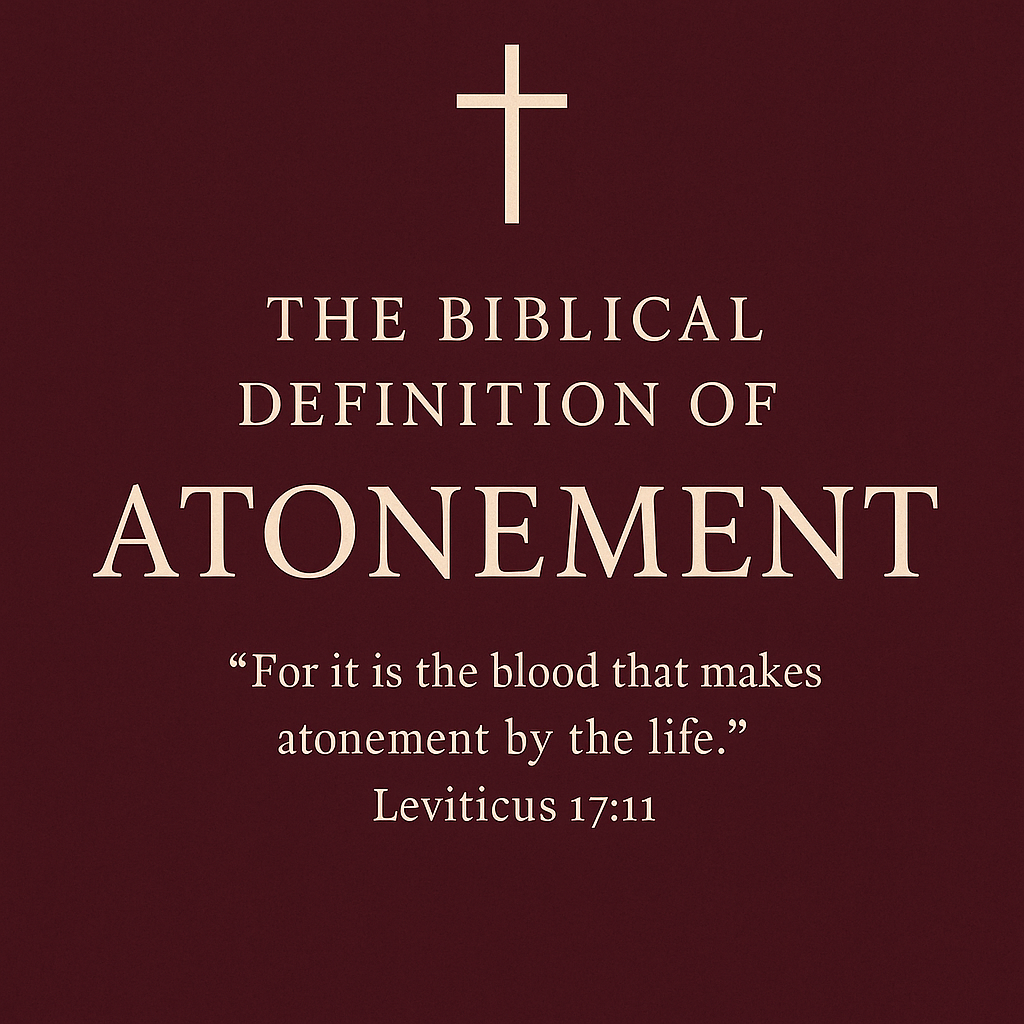Understanding the Biblical Definition of Pride
The biblical definition of pride is a deeply rooted heart attitude that exalts self above God and others, leading to spiritual blindness and separation from God. The Bible consistently warns that pride is not just a minor flaw, but a core sin that underlies many other transgressions and stands in direct opposition to the humility God desires.
Understanding the Biblical Definition of Pride
In Scripture, pride is most often portrayed as arrogance, self-exaltation, and an inflated sense of one’s own worth. It is the opposite of humility and is repeatedly condemned as a grievous sin26. The Old Testament uses several Hebrew words for pride, most commonly referring to being “high” or “exalted” in attitude, which is contrasted with the virtue of humility46.
“Pride goes before destruction, and a haughty spirit before a fall.” (Proverbs 16:18)
Key Elements of Biblical Pride
Self-sufficiency and self-importance: Pride is an attitude of self-sufficiency and self-exaltation in relation to God, and self-importance in relation to others5.
Misplaced confidence: It involves shifting ultimate confidence from God to oneself, trusting in personal abilities, achievements, or status rather than God’s provision and grace67.
Refusal to see oneself as God sees: Pride is refusing to acknowledge our dependence on God and our true position as His creatures3.
Pride in the Old Testament
The Old Testament contains over sixty references to pride, the vast majority of which are negative6. Pride is often connected with arrogance, boasting, and a refusal to submit to God. For example:
Psalm 10:4: “In his pride the wicked man does not seek him; in all his thoughts there is no room for God.”
Proverbs 8:13: “To fear the Lord is to hate evil; I hate pride and arrogance, evil behavior and perverse speech.”
God’s judgment against pride is a recurring theme:
Isaiah 2:11: “The eyes of the arrogant will be humbled and human pride brought low; the Lord alone will be exalted in that day.”
Ezekiel 7:24: God declares He will “put an end to the pride of the mighty.”
Pride is also listed among the seven things the Lord hates (Proverbs 6:16-19), with “haughty eyes” being a direct reference to prideful attitudes24.
Pride in the New Testament
The New Testament continues to warn against pride, emphasizing its spiritual dangers and its opposition to God’s grace:
James 4:6: “God opposes the proud but gives grace to the humble.”
1 Peter 5:5: “Clothe yourselves, all of you, with humility toward one another, for ‘God opposes the proud but gives grace to the humble.’”
Jesus Himself warned, “Whoever exalts himself will be humbled, and whoever humbles himself will be exalted” (Matthew 23:12)1.
Paul includes pride among the sins that characterize the last days: “People will be lovers of themselves, lovers of money, boastful, proud…” (2 Timothy 3:2)4.
The Root of All Sin
Many theologians and Bible teachers identify pride as the root of all sin. The first sin in the universe was pride—Satan’s desire to exalt himself above God (Isaiah 14:12-15)35. In the Garden of Eden, the serpent tempted Eve by appealing to her pride: the desire to “be like God” (Genesis 3:5)5.
“Pride is essentially self-worship. Anything we accomplish in this world would not have been possible were it not for God enabling and sustaining us.”7
Six Forms of Pride in the Bible
Scripture identifies several expressions of pride that believers must recognize and avoid1:
Self-exaltation: Taking credit for one’s own success and boasting in personal achievements (Luke 18:11; Daniel 4:28-37).
Self-promotion: Seeking to elevate oneself above others, craving recognition and prominence (Mark 10:35-45).
Moral self-righteousness: Believing oneself to be morally superior (Luke 18:11).
Ambition for prominence: Desiring positions of power or influence for personal glory.
Lack of teachability: Refusing correction or instruction (Hebrews 13:17).
Desire to be God: Aspiring to control one’s destiny or reject God’s authority (Isaiah 14:13-14).
Why God Hates Pride
God hates pride because it is a direct affront to His sovereignty and glory. Pride leads people to:
Reject God’s authority: “In all his thoughts there is no room for God” (Psalm 10:4).
Trust in themselves: “You may say to yourself, ‘My power and the strength of my hands have produced this wealth for me’” (Deuteronomy 8:17).
Look down on others: “Haughty eyes” are condemned as detestable to God (Proverbs 6:17).
Pride is the sin that most directly competes with God for supremacy in the human heart. It is the root of self-worship and idolatry, leading people away from dependence on God and toward self-reliance78.
The Consequences of Pride
The Bible warns that pride leads to downfall, destruction, and disgrace:
Proverbs 16:18: “Pride goes before destruction, a haughty spirit before a fall.”
Proverbs 11:2: “When pride comes, then comes disgrace, but with humility comes wisdom.”
Daniel 4:37: King Nebuchadnezzar’s pride led to his humiliation until he acknowledged God’s sovereignty.
God actively resists the proud but gives grace to the humble (James 4:6; 1 Peter 5:5)4.
Is There a Good Kind of Pride?
While the overwhelming emphasis of Scripture is on the dangers of pride, there are a few instances where a form of “pride” is seen positively, such as a sense of satisfaction in God’s work or a reasonable self-respect (2 Corinthians 7:4; 12:5, 9)4. However, this is distinct from the sinful pride that exalts self above God or others.
How to Overcome Pride
The antidote to pride is humility—recognizing our dependence on God and valuing others above ourselves. Practical steps include:
Confessing pride: Acknowledge prideful attitudes and actions before God.
Cultivating gratitude: Regularly thank God for every good gift (James 1:17).
Seeking accountability: Invite others to speak truth into your life.
Serving others: Follow Christ’s example of servant leadership (Mark 10:45).
Focusing on God’s greatness: Meditate on God’s attributes and your need for His grace.
“Whoever exalts himself will be humbled, and whoever humbles himself will be exalted.” (Matthew 23:12)
Key Biblical References on Pride
Isaiah 14:12-15
Proverbs 6:16-19; 8:13; 11:2; 16:18; 21:4
Psalm 10:4
Daniel 4:28-37
Luke 18:11
Mark 10:35-45
James 4:6
1 Peter 5:5
Conclusion
The biblical definition of pride is an attitude that elevates self above God and others, leading to spiritual blindness, broken relationships, and ultimately, God’s opposition. The Bible’s call is clear: humble yourself before God, acknowledge your dependence on Him, and seek to serve rather than be served. Only then will you experience the grace that God freely gives to the humble.
Bibliography
















